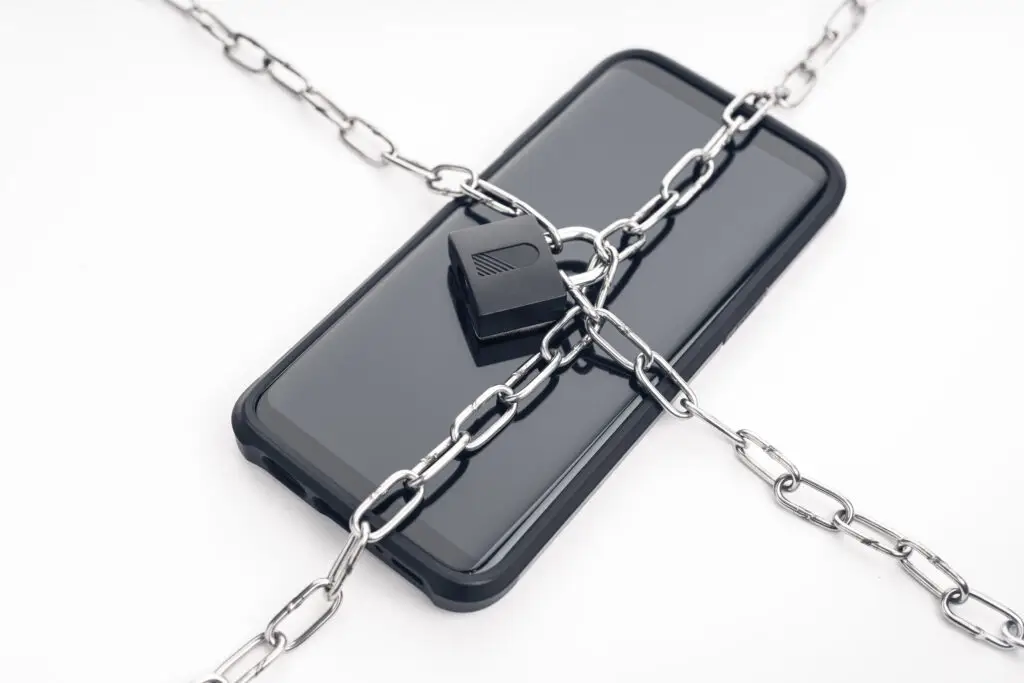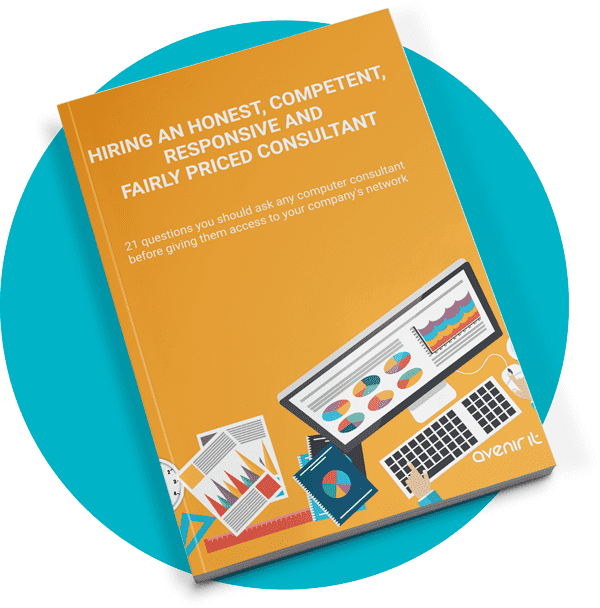Data privacy is crucial in today’s digital age
The rise of social media, cloud computing, and mobile devices has made it easier than ever for companies and organizations to gather and store data on individuals. However, this also means that personal information is at a greater risk of being accessed and used by unauthorized parties.
One of the biggest concerns with data privacy is the potential for sensitive information to be mishandled or misused. This can include credit card numbers, social security numbers, and medical records. Hackers are constantly looking for ways to steal this kind of information, and once they have it, they can use it for financial gain or identity theft.
Here are 5 tips to help you protect your data privacy on the web
1) Using a VPN
A virtual private network (VPN) encrypts your internet connection, making it more difficult for hackers to access your personal information. It is usually the most pocket-friendly and secure way to protect yourself.
2) Being selective about the information you share online
As more personal information is being collected and shared online. Be mindful of the personal information you share. Avoid sharing sensitive information such as your home address or phone number.
3) Using two-factor authentication
Two-factor authentication adds an extra layer of security to your accounts by requiring a second form of identification, such as a fingerprint or code sent to your phone, in addition to your password. Some apps you can use are Google and Microsoft Authenticator, which are available for free.
4) Being careful when using public Wi-Fi
Public Wi-Fi networks are often unsecured, making it easy for hackers to intercept your information. Use a VPN or avoid accessing sensitive information on public Wi-Fi. Additionally, avoid using public Wi-Fi for sensitive activities such as online banking or shopping.
5) Using privacy-focused browsers
Some browsers are designed to protect your privacy by routing your internet traffic through multiple layers of encryption. So it is a good idea to explore some of them.
Another thing you can do is limit the amount of data you share on social media. Social media platforms collect a lot of data about you and your online behaviour, which can be used for targeted advertising or shared with third-party companies. You can limit the information you share by adjusting your privacy settings and being selective about what you post online.
You can also check the privacy policy and terms of service of the website or app you use. It’s essential to know how your data is collected, shared, and used by the companies and organizations you interact with online.

Key Takeaways
As we’ve seen in recent years, data breaches and cyber attacks are becoming more common, and it’s important to be vigilant about protecting your personal information. Safeguarding your data can reduce the chances of compromising your privacy.
Businesses should implement strong security measures such as firewalls and encryption and ensure regular software updates. Last year Winnipeg-based packaging machine manufacturing company, Winpak was infiltrated by hackers. So, it is an excellent practice to onboard a professional and reliable IT solutions company to train the employees and manage your technology.
By taking these steps, you can protect your privacy on the web and safeguard your personal information. It’s important to remember that while you can’t eliminate the risk of having your data compromised, you can take steps to reduce the chances of it happening.

